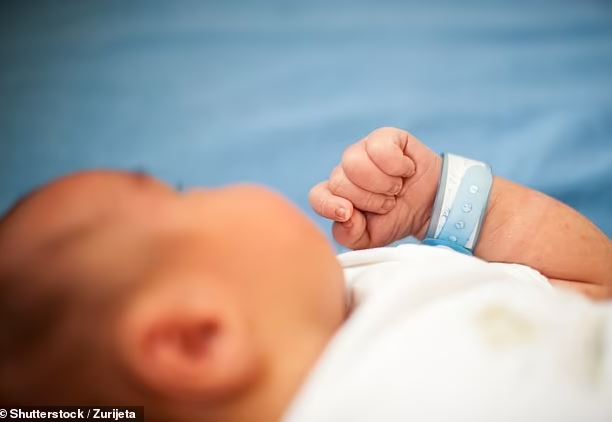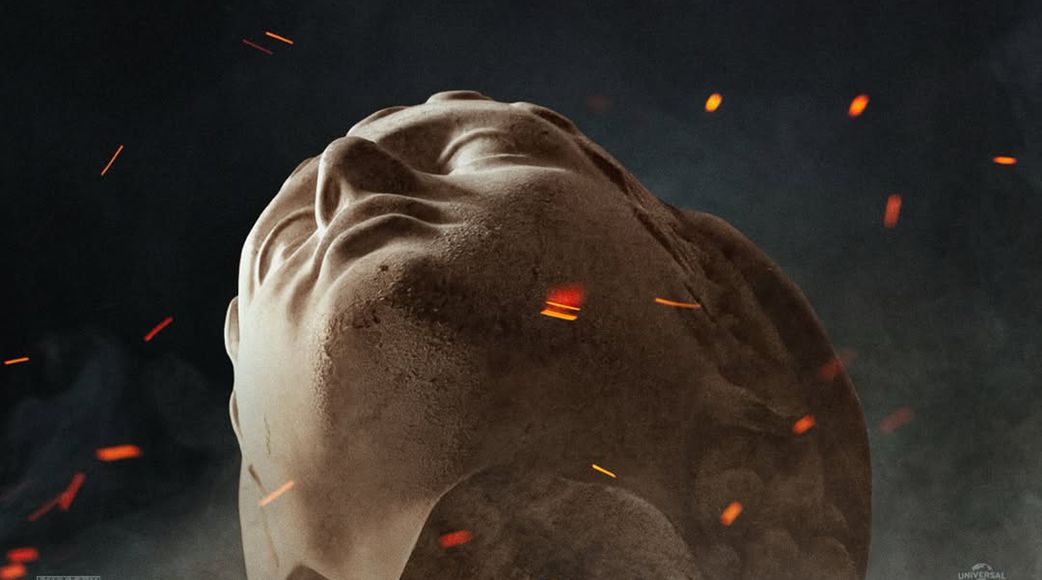Pakistani baby is born with two penises and no anus in rare condition
A baby has been born with two working penises but no anus in a rare medical phenomenon recorded only 100 times before.
The Pakistani boy’s penises are ‘normal-shaped’, according to doctors who published the extraordinarily rare case of a condition known as diphallia in a medical journal.
However, one was 1cm bigger than the other.
The boy was also able to pass urine ‘from both orifices’, the surgeons in Islamabad revealed.
Medics left both members intact, but did not reveal why.
They did, however, create an opening via a colonoscopy so that he could pass stools.
Writing in the International Journal of Surgery Case Reports, the team claimed that the chances of having diphallia — as it is known medically — is one in six million.
Only 100 cases have even been recorded in medical literature, with the first dating back to 1609.
Doctors who treated the boy stated 1 per cent of sufferers also have a defect which affects their anus or rectum.
But they did not state if that meant this child was the world’s first ever case of this defect, as their numbers would suggest.
The boy, born after 36 weeks, was treated at the Children’s Hospital at the Pakistan Institute of Medical Sciences.
His parents, who took him to the hospital’s emergency department straight after he was born, had no family history of any birth defects.
Doctors examining him spotted that he had no anal opening and two ‘well-formed phalluses’, one of which was 1.5cm, while the other was 2.5cm.
Scans revealed that he had a single bladder attached to two urethras, which meant he passed urine from both penises.
Surgeons diverted one end of his colon through an opening in the lower left side of the abdomen, to allow him to defecate.
The boy was monitored for two days following surgery. He was then discharged and a follow-up appointment arranged.
It is unclear how diphallia occurs, and there is no known single risk factor — but it’s thought to happen by chance when genitalia develops in the womb.
Patients can either have complete diphallia, when both penises are well developed, or partial diphallia, when one penis is smaller or deformed.
Source: DailyMail





















